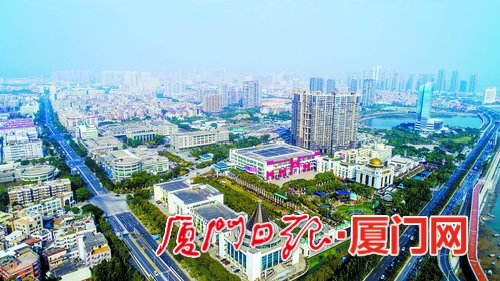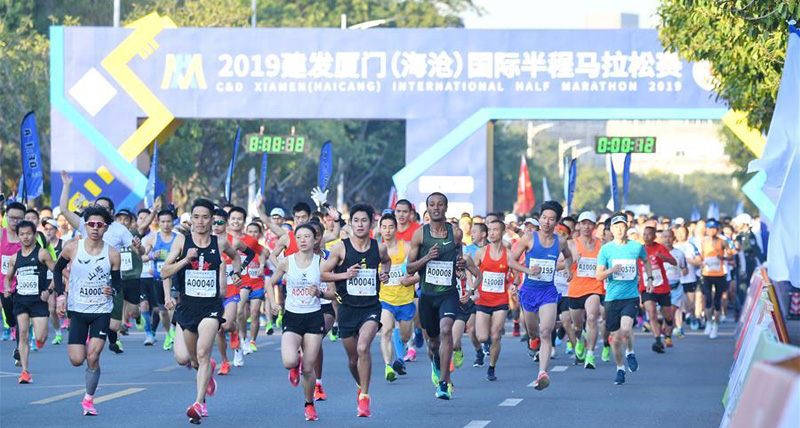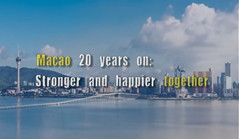Xiamen grows into hot spot for Taiwan investment
chinadaily.com.cn| Updated: Jul 31, 2019

The investment area for Taiwan enterprises in Jimei, Xiamen. [Photo by Zhang Qihui/xmnn.com]
Jimei district in Xiamen, home to 85 Taiwan-funded industrial enterprises above designated size, has produced an industrial output value of nearly 33 billion yuan ($4.79 billion) as of last year, accounting for one-third of the district's total.
Over the past 30 years, nearly 800 Taiwan-funded enterprises have settled in the area, which was among the four earliest investment areas to be approved by the State Council for Taiwan enterprises. Favorable policies and improving business infrastructure are the major attractions to Taiwan investors.
Jimei was once crowned the "cradle of industrial leaders" and is home to a number of well-known Taiwan enterprises, including Xiamen Hongfa Electroacoustic Co, the world's largest mechanical relay manufacturer; Xiamen Lota International Co Ltd, Asia's largest bathroom hardware manufacturer; and Cheng Shin Rubber Industry Co, the world's s largest manufacturer of bicycle tires.
The district also yielded tangible business results in 2018, ranking first in Xiamen in terms of business environment.
Jimei continues to push reforms to delegate power, streamline administration and optimize government services, while also enhancing supportive policies to attract entrepreneurs from Taiwan.
Currently, there are five Taiwan youth entrepreneurship bases and 13 maker spaces in the district, including one national and two provincial bases for youth entrepreneurs on both sides of the Taiwan Straits. A total of 256 Taiwan entrepreneurial teams and 631 Taiwan entrepreneurs have settled in Jimei.
With the deepening of reform and opening-up, the introduction of Taiwan projects has brought not only capital but advanced technology and management experience which has helped promote the optimization and upgrading of Jimei's industrial structure.
Jimei today has transformed its rely on agriculture to focuses on secondary and tertiary industries. Soon it will begin prioritizing mechanical equipment, software and information services, cultural creativity, tourism, modern logistics, new materials, and urban modern agriculture.



 play
play